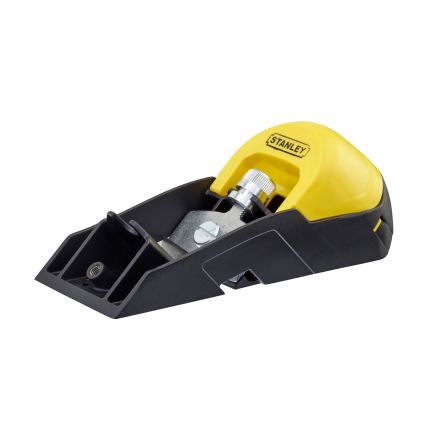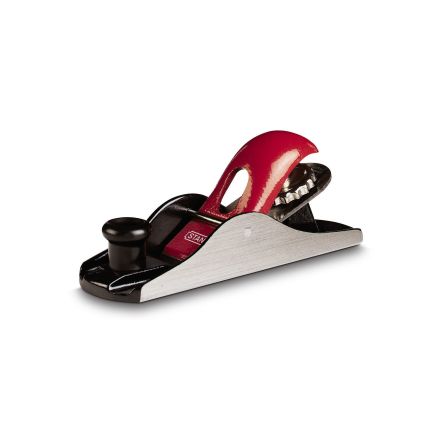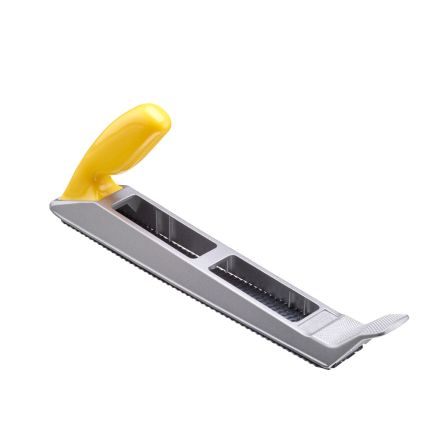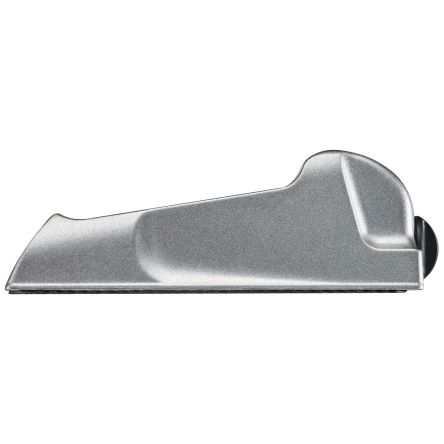- Automation & Control Gear
- Cables & Wires
- Enclosures & Server Racks
- Fuses & Circuit Breakers
- HVAC, Fans & Thermal Management
- Lighting
- Relays & Signal Conditioning
- Switches
- Batteries & Chargers
- Connectors
- Displays & Optoelectronics
- ESD Control, Cleanroom & PCB Prototyping
- Passive Components
- Power Supplies & Transformers
- Raspberry Pi, Arduino, ROCK, STEM Education & Development Tools
- Semiconductors
Hand Planers
A hand planer, also known as a hand plane or a smoothing plane, is used in woodworking in the final stages of smoothing a piece of wood or carpentry project before sanding. With its blade positioned on the base and two handles on the upper side, planers are designed to shave thin strips of wood from the surface and leave a smooth finish. They can also be used to shape a piece of wood, providing a true edge that, in some cases, may not need much sanding.
What are Hand Planers used for?
Hand planers are used in woodworking, with their predominant use being to smooth wooden surfaces to be smooth and even. There are several sizes of planers, each best suited for a different aspect of woodworking or carpentry projects.
Block planers are the smallest type, easiest to fit into the toolkit of a carpenter or DIY-er and the least expensive. They can be angled at different variations, but they are always well-suited for planing end grain, shaping parts or chamfering edges, among other uses.
Smoothing planes are slightly larger but can still achieve an incredibly smooth finish that would rival a power sander. They are ideal for smoothing wider board or even a glued-up top in preparation for their final finishing.
Longer than a smoothing plane, jack planes provide the balanced combination its smaller counterparts provide. While not as specialised as other planers, jack planes combine smoothing and levelling, making them ideal for jobs such as evening joints. Levelling planers are some of the largest planers, used to make large surfaces and edges flat and true.



